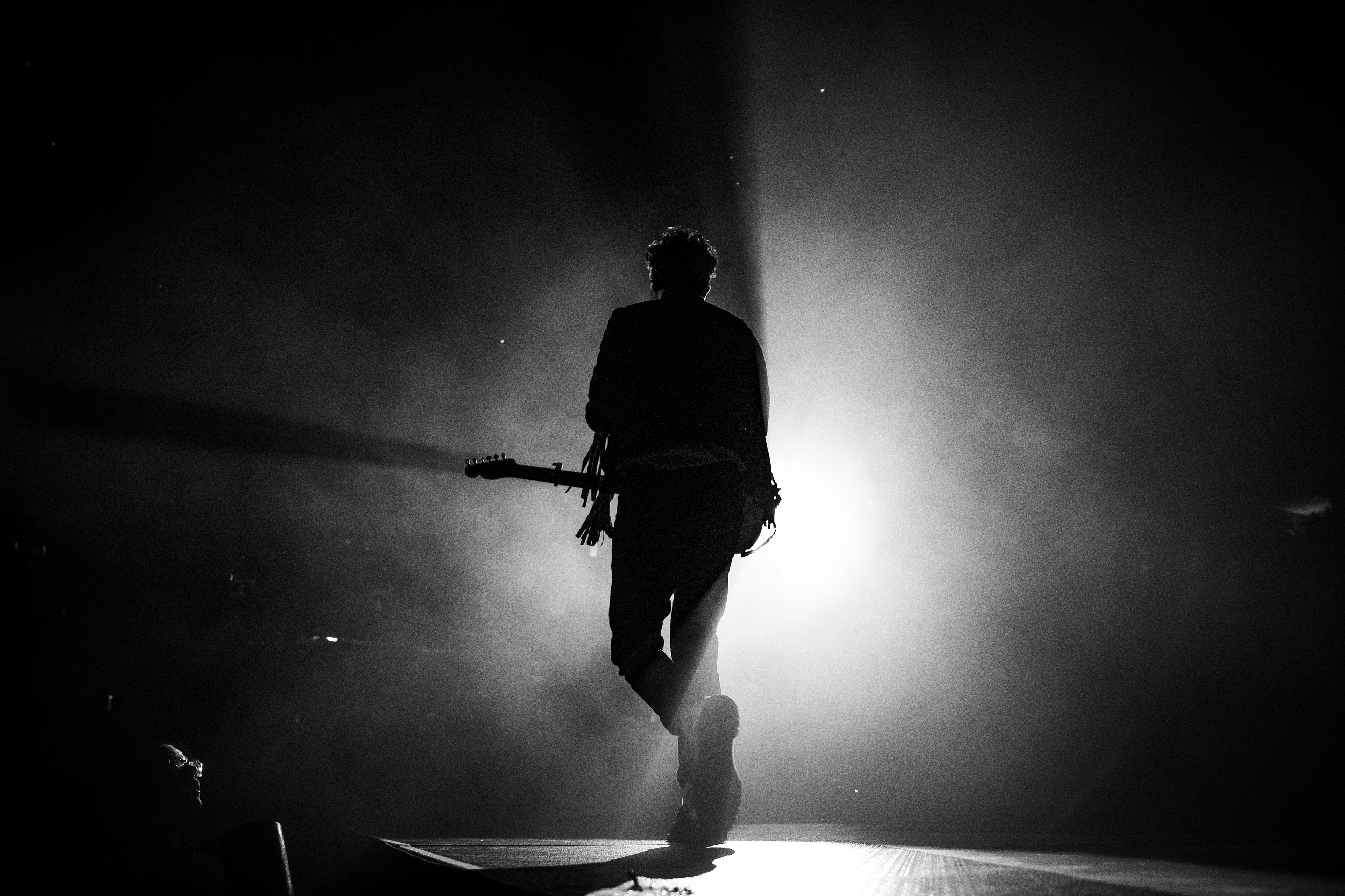
By Dr David White, Lecturer in Political Science
School of Government, University of Birmingham.
“It is not yet clear how the £1.5bn rescue package for the arts, promised by the government on 6th July, will be spent. For the musicians I spoke to the main concern was for the future of the smaller grass-roots live venues.”
For West Midlands-based singer-songwriter, Katherine Priddy, this summer was to be a whirlwind of gigs and festival performances to promote the release of her debut album later in the year. Instead she found herself staying at her parents’ house, tending the vegetable patch and playing online Facebook sets from her bedroom. Johnny Lynch, who performs as The Pictish Trail, has five albums and any number of collaborative works under his belt, not to mention the stewardship of a flourishing independent record label, Lost Map, run from his home on the remote Isle of Eigg. Johnny also had plans for 2020 including his biggest headline tour to date to promote his new ‘Thumb World’ album. After over ten years with the British psychedelic folk band, the Trembling Bells, Lavinia Blackwall was set to launch her solo career in 2020, promoting her debut album, ‘Muggington Lane’ with an extensive UK tour in April. Like Katherine and Johnny, Lavinia had to get used to a new way of life that didn’t include live performing.
The financial impact of lockdown on independent musicians, heavily reliant on sales of records and merchandise at gigs, has been huge. Whilst The Pictish Trail tour would not have made a lot of money for Johnny Lynch, he would have been able to pay all his band members and would have expected the tour to lead to more shows, festivals and potentially lucrative support tours. ‘That’s where it’s hit me hardest’ says Johnny, ‘not being able to pay the rest of my band for the shows we missed. I feel pretty helpless about that’. The disruption to musician’s lives caused by the pandemic goes beyond the financial though. For Katherine it wasn’t just the loss of potential record sales but also the sense that the work she had done leading up to this year had gone to waste: ‘I think people forget about how much work goes in behind the scenes for musicians, it’s not just gigs and tours’.
Some help has been available for musicians; Johnny Lynch was able to apply for emergency funding from the Performing Rights Society, the Help Musicians organisations and Creative Scotland. The online music company, Bandcamp, has also lent its support by promoting a number of commission-free days when all money from sales goes direct to the performers. For Johnny this was a ‘life-saver’, he was able to sell all the merchandise he had bought for the tour and even had to order more. ‘A lot of folk made donations that were considerably higher than the asking price, it was amazing to see folk’s generosity’, he added.
Another glimmer of hope over the past few months has been the emergence of online performances as a means to both maintain the link between performers and fans and to help generate sales. For Katherine, the online shows have been an emotional and financial lifeline: ‘I’ve felt so supported by people turning up to [online] gigs, writing lovely comments, sending me emails and of course donating and buying merch. It’s totally blown me away’. Johnny sees a future for the online performance in a post-pandemic world. Whilst never replicating the feel of a normal gig, the online show has its own intimate feel: ‘As a performer, there’s a real feeling of vulnerability, playing songs to no one, with no audible applause – just putting your trust in your audience, and hoping they enjoy it’.
It is not yet clear how the £1.5bn rescue package for the arts, promised by the government on 6th July, will be spent. For the musicians I spoke to the main concern was for the future of the smaller grass-roots live venues. Katherine Priddy wants to see some of the promised funding trickle down to grass-root venues. ‘If the smaller venues fail to make it through, then I’d be concerned that upcoming acts and less established musicians will all lose their livelihood’. Johnny Lynch is sceptical about the government’s commitment to live music. ‘In France, they understand the importance of culture in their society; they have supportive schemes in place to help musicians, and other artists. I can’t see that ever happening in the UK, or even in Scotland, but if there was something in place to protect the live venues from closure, that would be a great start’. Lavinia Blackwall agrees, arguing that the government needs to recognise what it has to lose by not supporting venues and artists: ‘What makes our country bearable is the rich tapestry of artists and venues, particularly the smaller venues, that showcase all sorts of music from a wide variety of genres. Especially those places that are higgledy piggledy, rough around the edges, places that give an area a bit of character, as opposed to the faceless luxury housing opportunity they present to the ever hungry developers. Who wants to live in a place with no music?’
